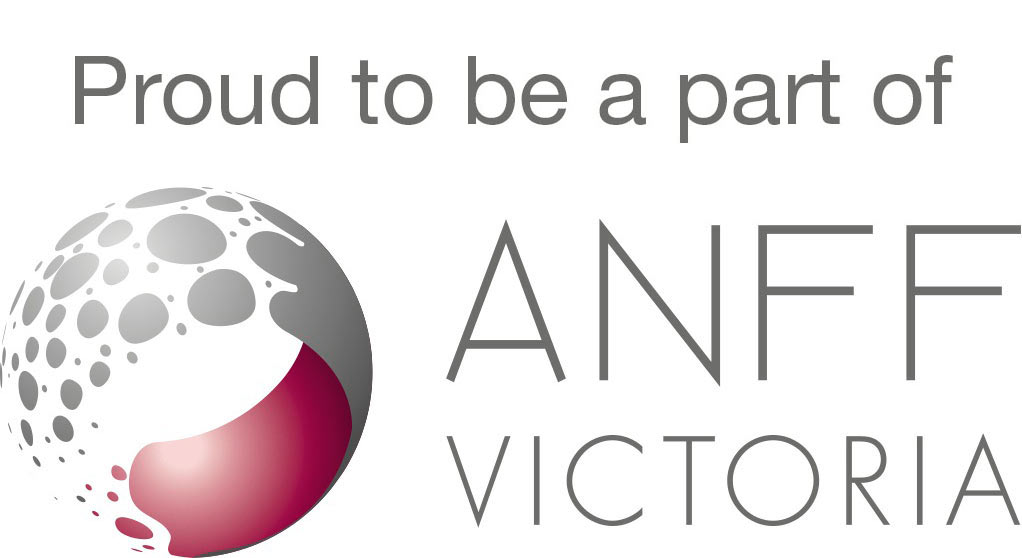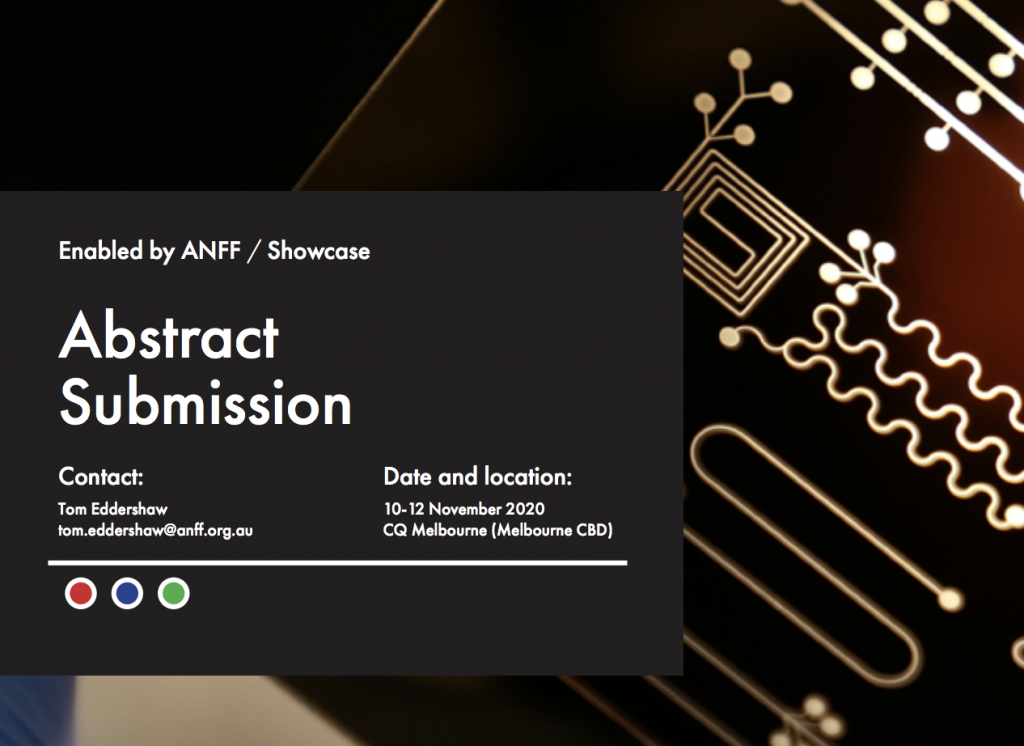Nanofabulous Seminar: Micro- and nanotopographies for biological applications
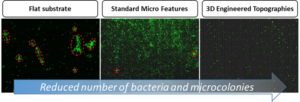
Dr Victor Cadarso from the Department of Mechanical and Aerospace Engineering and the Centre to Impact Antimicrobial Resistance at Monash University will be giving a presentation on “Micro- and nanotopographies for biological applications”.
11:00am, 07/02/2023
At the Melbourne Centre for Nanofabrication Boardroom
151 Wellington Road, Clayton, 3168
Zoom link:
Meeting ID: 826 1534 5345 & Passcode: 465451
Click here for more information
Nanofabulous Seminar: Reversible interfaces for stretchable and recyclable electronics

Soft electronic composites retain their electrical conductivity under strain. Hard, conductive filler particles are embedded in a soft, insulating matrix. Strain deforms the filler network and alters the conductive connections between the particles. Tobias will discuss the hierarchical network structure of carbon and metal fillers in printable conductive composites and discuss the role of network geometry and contact resistances. Reversibility at the particle-particle interfaces emerges as a key requirement: only if the particles can re-form electrical contacts over many cycles does the material retain its conductivity. An application from the field of smart automotive parts will illustrate typical requirements on soft conductive materials.
Reversible interfaces aid the recovery of the materials in a product’s lifecycle, too. Electronics and batteries invariably combine different materials, and their reuse or recycling generally involves separating them. Discussion how reversible, functional interfaces can make this economically and ecologically feasible and bring us a step closer to sustainability in electronics.
Prof Dr Tobias Kraus
INM – Leibniz Institute for New Materials
Saarbrücken, Germany
11:00am, 18/11/2022
At the Melbourne Centre for Nanofabrication Boardroom
151 Wellington Road, Clayton, 3168
Zoom link: here
Meeting ID: 839 3750 1277
Passcode: 145263
Click here for more information
MCN Seminar: Multi-sector collaborations driving research translation


Imagine wearable sensors which you place on your skin – this band-aid like patch could measure your body parameters offering you a window to your health. Imagine nearable sensors embedded into a mattress cover which can non-invasively track a person’s presence, position, and posture in bed overnight in residential aged care facilities.
These nearable and wearable sensors are conformal, un-feelable and unbreakable. I will present the research which has lead to these technologies, the challenges overcome, and collaborative efforts with industry and design partners which is paving the path for their commercialisation.
Professor Madhu Bhaskaran is a multi-award winning electronics engineer and innovator. She co-leads the Functional Materials and Microsystems Research Group at RMIT University which she established in 2010. Madhu has been awarded the 2020 Frederick White Medal by the Australian Academy of Science, the 2018 Batterham Medal by ATSE, and the 2017 Australian Museum Macquarie University Eureka Prize for Outstanding Early Career Researcher. She is also node leader and Chief Investigator of the ARC Centre of Excellence for Transformative Meta-Optical Systems.
She is a migrant Australian and a passionate advocate for diversity, and is co-chair of Women in STEMM Australia and on the Advisory board for STEM Sisters.
11:00am, 09/06/2022
At the Melbourne Centre for Nanofabrication boardroom
151 Wellington Road, Clayton, 3168
Zoom link: here
Meeting ID: 867 9787 1037 and passcode: 609627
Click here for more information
MCN Seminar: s-SNOM technology for nanoscale analytics

Figure above: Imaging of a 10 nm thin PEO monolayer at 1123 cm-1 (asy. C-O-C stretching) shows self-assembled nano-structures and areas of different material thickness. High contrast absorption images allow to clearly distinguish between mono- and bilayer film areas
Dr. Adrian Cernescu, a senior application engineer of Attocube systems AG, Munich, Germany, will be presenting a seminar and hands on demonstration on scattering-type Scanning Near-field Optical Microscopy (s-SNOM) on 8th April 2022.
The talk will focus on s-SNOM capabilities and different applications such as characterization of polymer blends or phase change polymers with nanometer-scale domains. Quantification of free-carrier concentration and carrier mobility in doped semiconductor nanowires, analysis of 2D (graphene) nanostructures, or study phase propagation mechanisms in energy storage materials is achieved by amplitude- and phase-resolved near-field optical imaging.
A broad range of applications of the s-SNOM technology for biomaterials, inorganics and 2D materials research, will be presented.
The event will also be broadcast online for those that can’t be here in person.
Zoom Link: https://monash.zoom.us/j/85989568025?pwd=ZFd4WGdyb200dEFsZndsUytJRC9oUT09
Meeting ID: 859 8956 8025
Passcode: 357846
Click here for more information.
Medtech Manufacturing Capability Program (MMCP)
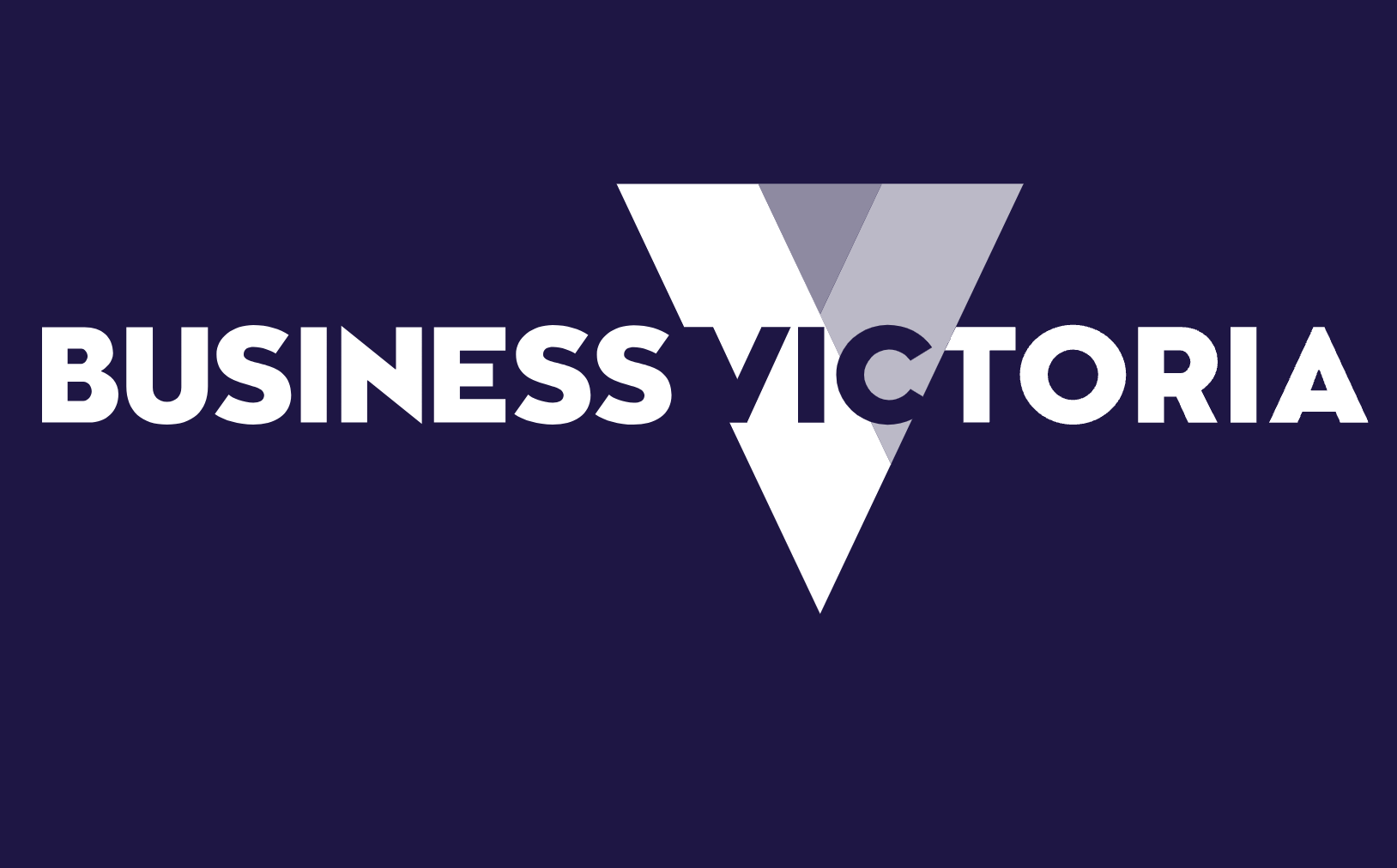
The MMCP will assist eligible small and medium manufacturing and medical technology businesses in Victoria to create and manufacture new medtech products and investments with 1:1 matched grants of up to $500,000. More information can be found on the Medtech Manufacturing Capability Program webpage.
Applications close at 5pm on 5 April 2022. Interested companies are invited to attend an MMCP information session at 1pm on Wednesday 16 March and can register here.
ANFF Chief Operating Officer appointed
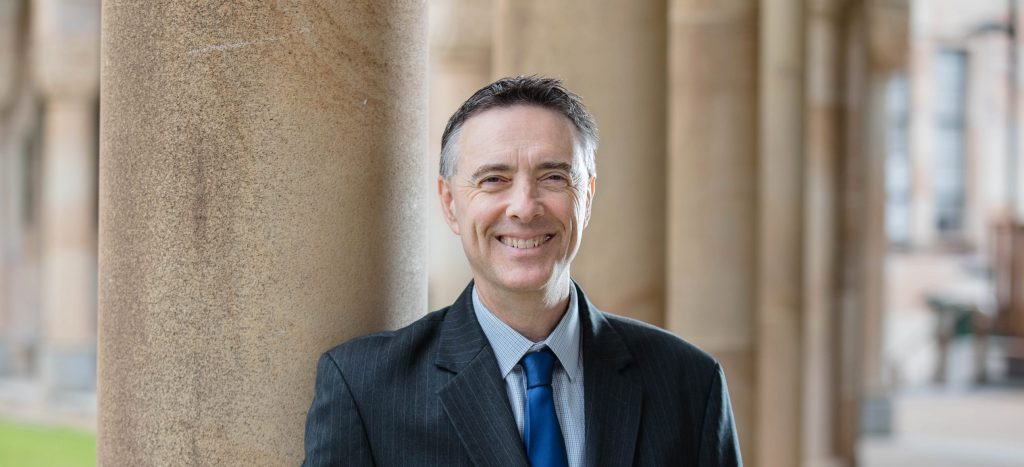
The Australian National Fabrication Facility is delighted to announce Chris Gourlay as its new Chief Operating Officer (COO), commencing 7 March 2022.
Chris comes to us with over 30 years’ worth of experience working with industry, government and universities in Australia and overseas. His career has spanned a range of application areas in a variety of capacities – highlights include working in the transport industry as the Research Director of the CRC for Rail Innovation; and consulting on test facility engineering projects for the UK Department of Defence and the aerospace industry. More recently, as the Director of Consulting and Research Expertise (CoRE) at the University of Queensland, he’s been involved in managing consultancy contracts between the University and industry clients.
As COO, Chris will play a vital role in enabling ANFF to translate Australian R&D into impactful outcomes. He will be working with each of ANFF’s 21 teams across the country to ensure consistent and cohesive service offering to clients, as well as ensuring the network delivers on its reporting requirements, and managing the outreach and communications of the network.
On Chris’s appointment, ANFF CEO Dr Jane Fitzpatrick said: ‘We are delighted to have someone with Chris’s experience joining the team at ANFF. His support and enthusiasm for the goals of ANFF will be key in ensuring our success, and his range of experience makes him a fantastic match to the diverse world of ANFF.”
Chris said: “I am very excited to be working with the team at ANFF to help engineers, researchers, university partners and the CSIRO achieve success in their endeavours and to progress the exciting field of nanotechnology for the benefit of Australia.”
Get in touch with Chris via his Linkedin page, or by emailing him at chris.gourlay@anff.org.au.
Building a silicon quantum computer chip atom by atom

A University of Melbourne led team has perfected a technique for embedding single atoms in a silicon wafer one-by-one. Their technology offers the potential to make quantum computers using the same methods that have given us cheap and reliable conventional devices containing billions of transistors.
Until now, implanting atoms in silicon has been a haphazard process. A silicon chip gets showered with phosphorus which implant in a random pattern, like raindrops on a window.
However, this new research – published in Advanced Materials and assisted by ANFF-VIC and ANFF-NSW – demonstrates a far more predictable and repeatable method. “We embedded phosphorus ions, precisely counting each one, in a silicon substrate creating a qubit “chip”, which can then be used in lab experiments to test designs for large scale devices,” lead author Professor David Jamieson of The University of Melbourne explained.
The team drilled a tiny hole in an AFM cantilever, so that when it was showered with phosphorus atoms one would occasionally drop through the hole and embed in the silicon substrate.
The key, however, was knowing precisely when one atom – and no more than one – had become embedded in the substrate. Then the cantilever could move to the next precise position on the array.
The team discovered that the kinetic energy of the atom as it ploughs into the silicon crystal and dissipates its energy by friction can be exploited to make a tiny electronic ‘click’.
Read more about the approach on the University of Melbourne website.
!!!EVENT POSTPONED!!! Enabled by ANFF Research Showcase: Call for Abstracts
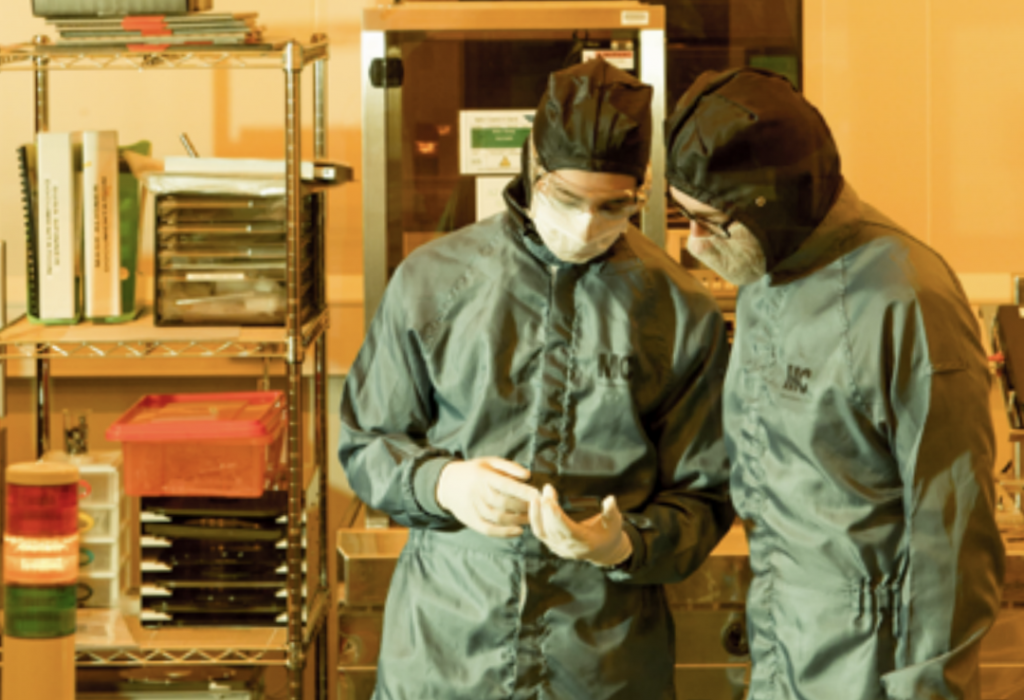
ATTENTION: Due to escalating COVID-19 restrictions in Victoria, this EVENT HAS BEEN POSTPONED to 18-20th May 2021
ANFF is aiming to hold an event in Melbourne on 11 November 2020 that will highlight the exciting ANFF-enabled research being conducted across the country. This Showcase will be themed on the title Enabled by ANFF, and will complement separate staff- and industry-focused days.
The network is seeking speakers to present at this event across 6 research topics regarded as national priorities. These are:
Construction Science — New and novel technologies to enhance construction materials and buildings of the future.
MedTech — Developments in medical technologies that will help form Australia’s economic future.
Space — Furthering the technologies designed to aid space exploration, or to view Earth from high above.
Communications tech and Cybersecurity — An overview of research that is improving the transmission or security of communication and data.
Energy — Improving the energy outlook via new technologies or increasing the efficiencies of established ones.
Food and Agribusiness — Uses of technology to improve the quality of food , or to help produce it.
If you have conducted exceptional research that falls under any of these categories and would like to present it to the ANFF community, please complete an abstract submission form and send it to Tom Eddershaw (tom.eddershaw@anff.org.au) before 30 August 2020.
If you would like to attend the event, please register here. A draft program can be found on this page.
Please note: With the COVID-19 situation developing as it is, there are provisions to take this event online if it is unsafe for us to meet in person.
